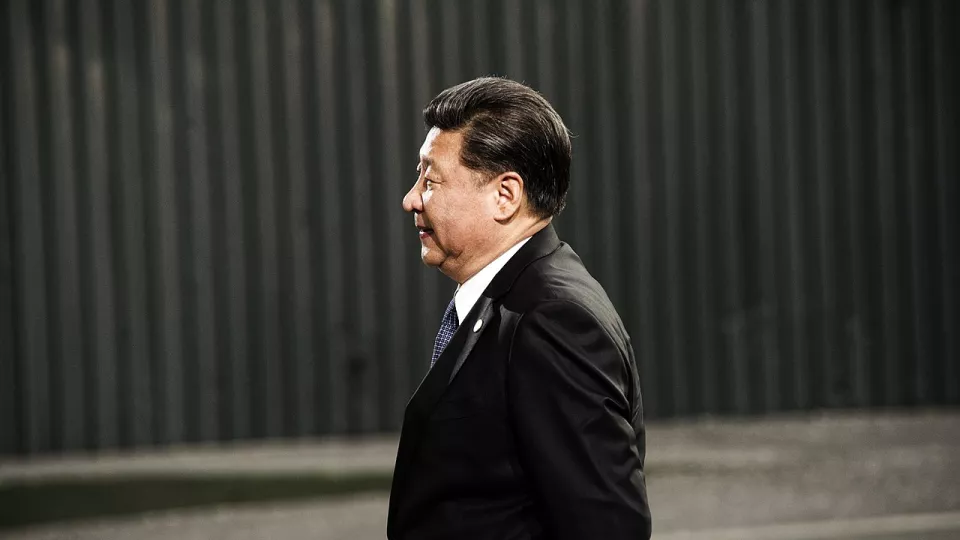Tabita Rosendal, PhD student at the Centre for East and South-East Asian Studies, was interviewed by leading Danish newspaper Politiken during her recent fieldwork in Sri Lanka. In the interview, she evaluates the current state of Sino-Sri Lankan relations under the Belt and Road Initiative (BRI). She argues that Sri Lanka continues to view cooperation with China under the BRI as primarily positive. China is viewed as a like-minded partner that is willing to invest where the West has hesitated. She notes that Sri Lankan political literacy remains high and that Sri Lankan stakeholders realize that China has diverse motivations and agendas in the country, but that the partnership with China is still viewed as equal rather than judgmental. In the end, she argues that the BRI remains influential in the Global South and that Xi Jinping’s Chinese dream is set to continue.
Interview: Tabita Rosendal evaluates China’s efforts in Sri Lanka under the Belt and Road Initiative in Danish newspaper Politiken

China’s Belt and Road Initiative recently celebrated its 10th anniversary. How has the initiative fared in the Global South?

